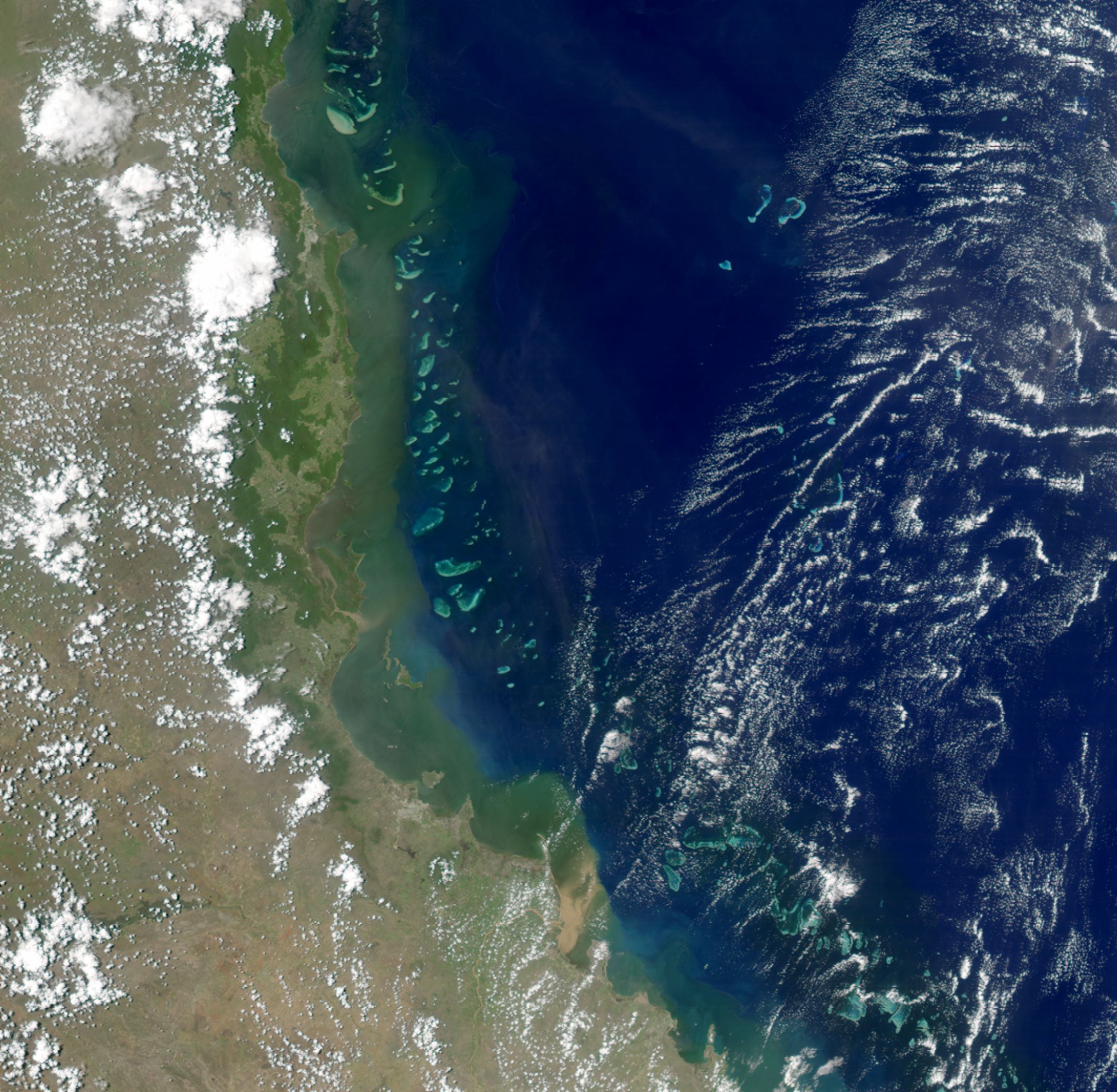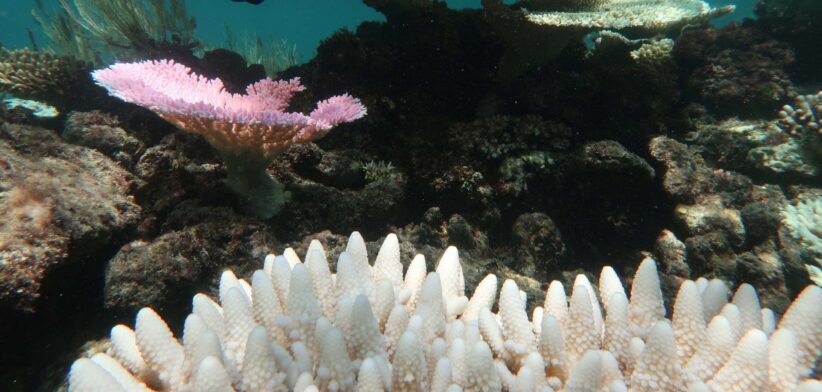The most comprehensive analysis of the impact of land-based activities on the Great Barrier Reef has confirmed human-induced climate change is the primary threat to natural wonder, with poor water quality exacerbating its impact.
The 2022 Scientific Consensus Statement, released today, involved more than 200 experts and reviewed 4000 publications, to understand how land-based activities influenced water quality in the Great Barrier Reef, and how those influences could be managed.
Project lead Jane Waterhouse, of C2O Consulting, said the process to develop the 2022 Statement was unparalleled for the Great Barrier Reef and delivered high-quality outputs using transparent, robust and standardised methods.
“For the first time, we assessed the confidence in the evidence. We identified that some issues have very strong foundational evidence, while others need more research. This can give policy-makers greater confidence in their approach to managing water quality issues in the Great Barrier Reef,” Ms Waterhouse said.
Australia’s Chief Scientist Dr Cathy Foley provided oversight of the process and said the public could trust the conclusions and they could be relied upon to inform decision-making.
Dr Foley said experts addressed 30 priority questions examining evidence from the catchment to the reef.
She said the questions covered values, conditions and drivers of the health of the Great Barrier Reef, sediments and particulate nutrients, dissolved nutrients, pesticides and other pollutants, as well as human dimensions of water quality improvements and emerging science.
The Statement found human-induced climate change was the primary threat to the Great Barrier Reef and poor water quality could exacerbate climate-related impacts.
It said water quality was critical for healthy and resilient ecosystems and supported recovery from disturbances such as mass bleaching and extreme weather events, adding meeting water quality improvement targets within the next 10 years was imperative.
The Statement stated historical and continuing land management and catchment modification impaired Great Barrier Reef water quality through extensive vegetation degradation, changed hydrology, increased erosion, and expansion of fertilised land uses, urban centres and coastal developments.
“Poor water quality, particularly elevated levels of fine sediments, nutrients and pesticides, continues to have detrimental impacts on Great Barrier Reef ecosystems.
“The greatest impacts are on freshwater, estuarine, coastal and inshore marine ecosystems,” it said.









